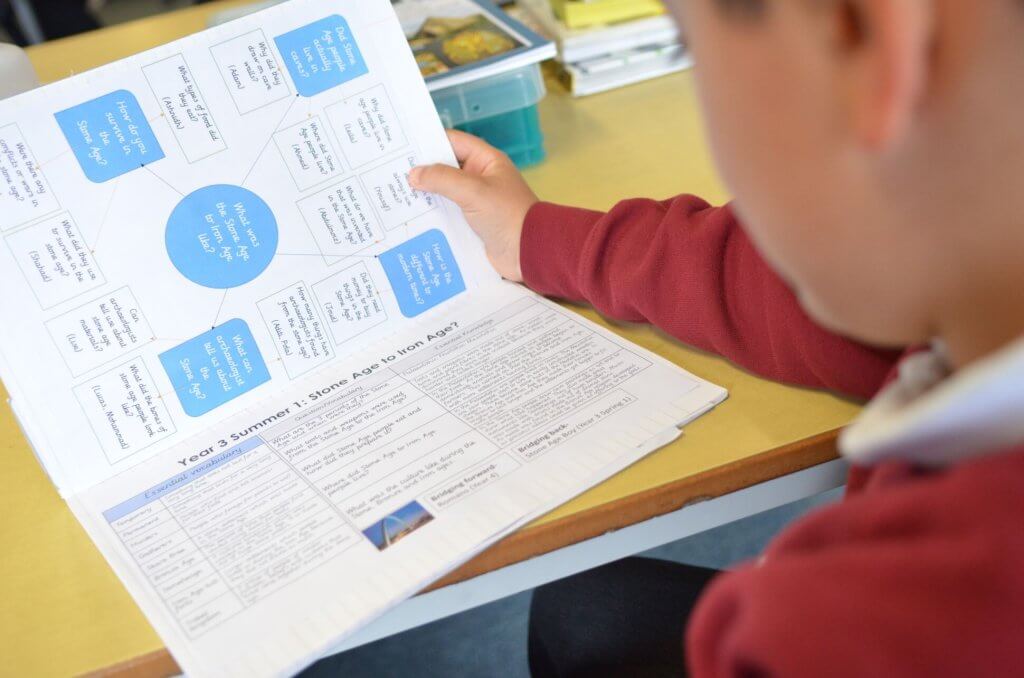A rise in child referrals for emergency mental health treatment
Data analysis by the Royal College of Psychiatrists shows there were 32,521 referrals to children and adolescent mental health services (CAMHS) crisis teams in 2022/23. This represents a 53% increase since 2019/20, when there were 21,242 referrals. This means that every week, 600 children with ill mental health are deteriorating to such a state that they have reached crisis point.
Generally, an emergency referral is made if a child needs to be seen within 24 hours. These figures include children and young people who are suicidal, severely depressed, and who have an eating disorder. Many have experienced deterioration in their mental health whilst on waiting lists, as services are struggling to keep pace with demand. Children and young people under the age of 18 who are waiting for a follow-up after a GP referral are waiting for five months on average and, in the worst case, almost two years.
Last year, the College welcomed the government’s announcement of an extra £5 million to improve access to existing Early Support Hubs. However, it says that more funding is required to establish these hubs in every local authority, with running costs between £114 and £134.5 million per annum. To turn the tide on the mental health crisis, the College urges the government to invest in targeted support for children and young people, backed by an expansion of the mental health workforce and additional funding for services. Dr Elaine Lockhart, Chair of the Royal College of Psychiatrists’ Child and Adolescent Faculty, says ‘investing in children’s mental health will ultimately free up NHS time and resources, while ensuring the country has a healthy and productive population in the years to come.’
★ Liaising with CAMHS, Educational Psychologists, social care and other agencies, our Creative Arts Psychotherapists can deliver therapy in both school and home environments. In most cases, schools can expect to receive a visit from a member of our team within the first week of contact for emergency 1-2-1 support.
Explore our services to find out more.
Teaching Degree Apprenticeship set to launch this autumn
A new teaching apprenticeship is set to launch in autumn this year, the government has announced. This will be a four-year training programme that allows people to achieve a degree and qualified teacher status with all tuition fees paid for. This is hoped to attract those who may not be able to take time out to study full-time for a degree, including teaching assistants and other school staff. The Department for Education (DfE) and the Institute for Apprenticeships and Technical Education (IfATE) say they are working together with an ‘employer-led trailblazer group’ chaired by the South Farnham Educational Trust to ensure the teaching degree apprenticeship (TDA) is high quality and meets the needs of schools.
The TDA will attempt to resolve the teacher recruitment crisis after the government missed its target for secondary school recruitment by 50% in 2023. The pilot scheme launching later this year will initially focus on maths, funding up to 150 apprentices to teach maths in secondary schools. This will also help to reinforce the Prime Minister’s vision for ‘Maths to 18.’
Whilst the Education Secretary, Gillian Keegan, says the apprenticeship will be a ‘game-changing opportunity’ to recruit and retain talent in schools, Geoff Barton, general secretary of the Association for School and College Leaders (ASCL), argues this will not be enough to resolve the recruitment crisis. Instead, he says ‘the only real answer to this is an improvement to teaching salaries to make them more competitive in the graduate market and more action to tackle the systemic pressures which drive people out of the profession.’
New guidance to expand childcare provision in schools
Last year, the government set out its ambition for primary schools to provide wraparound childcare, with £289 million funding to implement the scheme. Chancellor Jeremy Hunt explained this would support parents of school-age children who ‘face barriers to working because of the limited availability of wraparound care.’ New guidance outlines how primaries should offer the provision. Whilst all schools are expected to participate, this is only non-statutory guidance.
Schools are exempt from providing wraparound care if they have a ‘reasonable justification,’ such as lack of space, insufficient demand, or where there is already similar provision in the area. However, they should collaborate with local authorities to identify childcare providers and communicate this information with parents.
Teachers should not be expected to staff the provision, instead schools are encouraged to use teaching assistants, childcare professionals, or staff from private providers. Even if another organisation is running the provision on-site, schools are responsible for meeting safeguarding standards, which includes following the Keeping Children Safe in Education (KCSiE) guidance. Schools should also ensure that wraparound care does not interfere with their responsibility to provide a high-quality and safe learning environment for pupils. Where the governing board manages the childcare provision, Ofsted will consider this provision as part of the school inspection.
Paul Whiteman, general secretary of NAHT, the school leaders’ union, explains that most schools already provide some form of wraparound care but warns ‘schools don’t have the funding or staffing to oversee the sort of expansion in provision envisaged by the government.’
—
One Education can provide support at every level of your school, working with school leaders, business managers and teachers to enhance the learning experience and ensure every child can reach their full potential.
Contact us today to find out how we can help.
Please complete the form below and we will get in contact as soon as we can to help you with your query.












